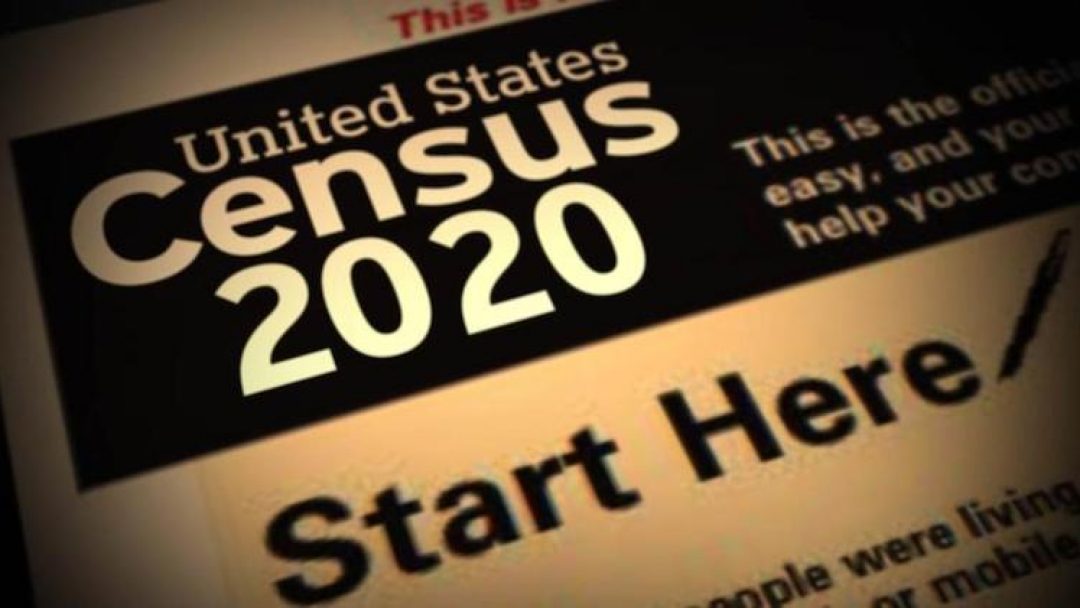The Supreme Court’s conservative members are expected to uphold the Trump administration’s plan to ask about citizenship on the 2020 census, even though it means millions of undocumented immigrants will go uncounted.
The decision will affect the number of seats each state has in the House of Representatives and the distribution of federal dollars over the next 10 years.
Three lower courts have blocked asking about citizenship on the census, and two of the three judges ruled that asking about citizenship would violate the provision of the Constitution that calls for a count of the population, regardless of citizenship status. The question hasn’t been included on the census since 1950.
Neither Roberts nor Kavanaugh seemed to share the concern of the lower court judges who ruled against the measure.
The conservative judges were mostly silent when Solicitor General Noel Francisco defended the decision to add the citizenship question. According to the administration, the Justice Department wants citizenship data to understand where eligible voters live and to improve enforcement of the Voting Rights Act.
The liberal court justices questioned Francisco about the plan, but they could not stop it without support from a conservative justice.
“This is a solution in search of a problem,” said Justice Sonia Sotomayor.
Judge Roberts had a different opinion on what type of information the question would produce.
“You think it wouldn’t help voting rights enforcement?” Roberts asked New York Solicitor General Barbara Underwood. Underwood was representing the states and cities that sued over the plan.
Underwood and American Civil Liberties Union lawyer Dale Ho said the question would “harm the secretary’s stated purpose of Voting Rights Act enforcement.”
Census Bureau experts have stated that excluding the question would give a clearer picture of the population because many people will be afraid to say whether or not they are citizens.
The administration says the commerce secretary has discretion when designing the census questions and the courts should not be second-guessing him. The administration also says the question is constitutional because it has been included in past surveys and in smaller surveys.
Gorsuch says that other countries include citizenship questions on their censuses.
Douglas Letter, a lawyer who is representing the House of Representatives, said the census is critically important to the House, and the House apportions its seats based on the results.
“Anything that undermines the accuracy of the actual enumeration is immediately a problem,” Letter said, quoting from the provision of the Constitution.
Letter also thanked the court on behalf of Speaker Nancy Pelosi for allowing the House to participate in the arguments.
“Tell her she’s welcome,” Roberts replied.








